Hypothermia and drowning
Don't Forget the Bubbles
JUNE 30, 2023
You request a 12 lead ECG and repeat a blood gas, asking for it to be run on the PICU analyser. Your trusted nurse hands you the ECG: Paediatric ECG interpretation has never been your strong suit. What is the likely cause of Elsa’s ECG changes? You look at her monitor, and an arterial blood gas performed moments ago.






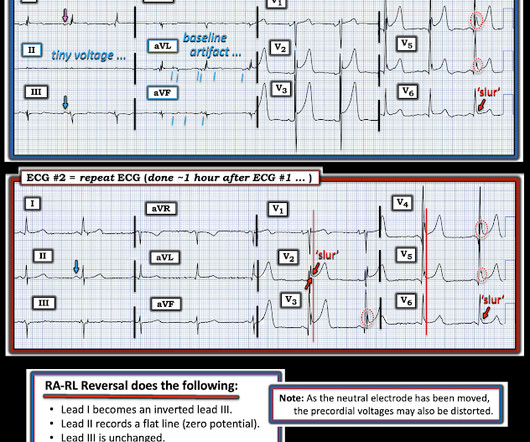





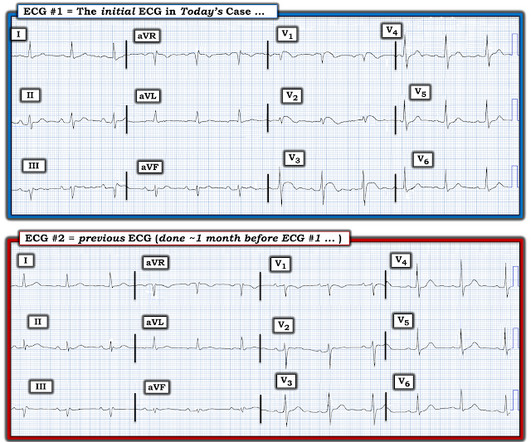







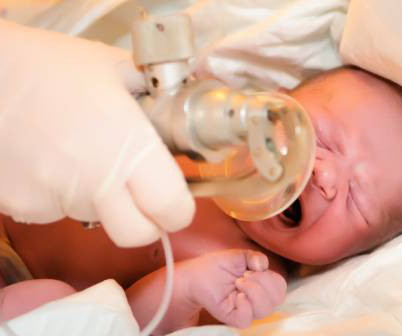
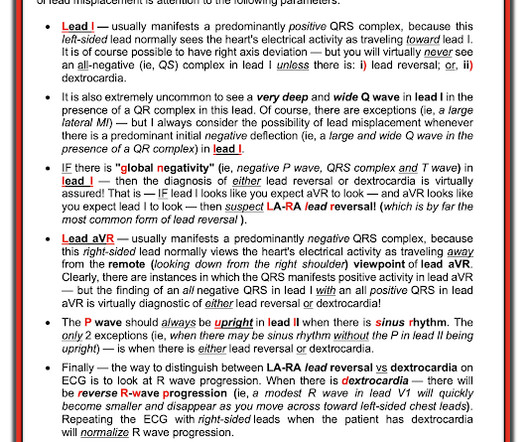


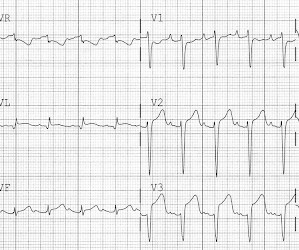













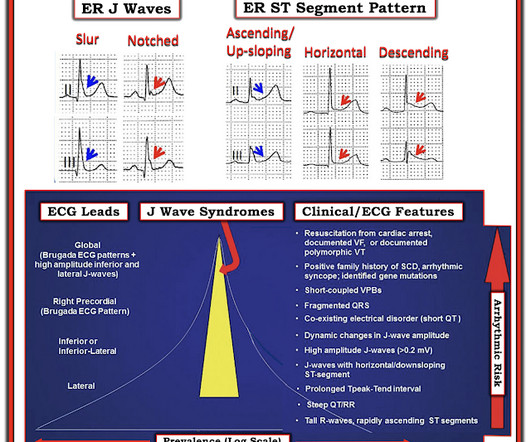




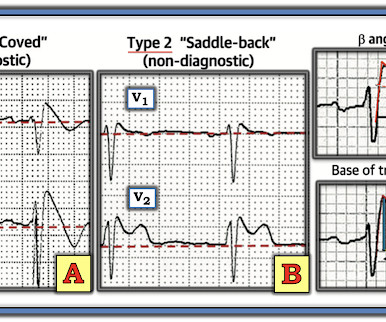







Let's personalize your content